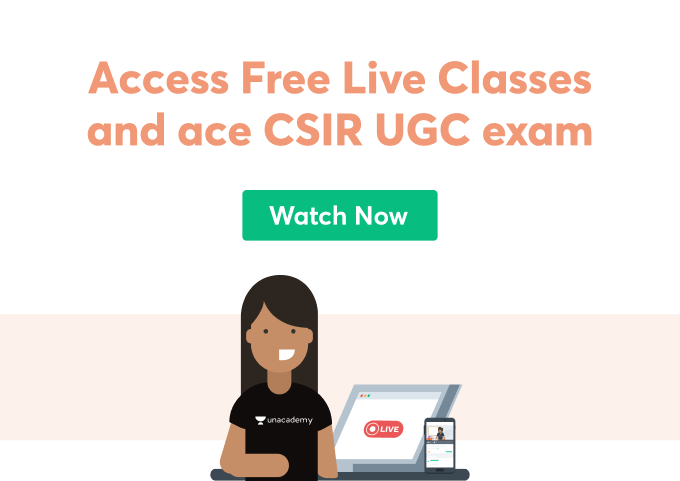The Algebra 2 course is a more advanced level of the algebra subject that covers topics of a secondary level that were covered in the Algebra 1 course for modern elementary students. In pre-algebra and algebra-1, we study the arithmetic operations, which are used to form meaningful mathematical expressions by combining numbers with operators like +, -, x, and, as well as variables like x, y, and z, along with mathematical operations like addition, subtraction, multiplication, and division. The study of Algebra 2 assists students in the process of representing various scenarios or problems as mathematical expressions. Let’s find out more about the lesson plans that go along with Algebra 2!
Algebra 2
The next level of algebra after pre-algebra and algebra 1 is called algebra 2. It introduces topics that are typically covered in higher grade levels, such as evaluating equations and inequalities, matrices, vectors, functions, quadratic equations, complex numbers, relations, inverse operations, and a variety of other properties. Calculating the area, volume, and perimeters of shapes by using algebraic expressions rather than numbers is one of the topics that will be covered in the second level of algebra. Other topics that will be covered in this course include geometry and coordinate geometry.
Long-form algebraic expressions such as ax + b = c, ax+ by + c = 0, and ax+ by + cz + d = 0 are covered in Algebra 2, also known as elementary algebra. A general form of representation of a quadratic equation is ax2+ bx + c = 0, and for a polynomial equation, it is axn+ bxn-1+ cxn-2+…..k = 0.
Difference Between Algebra 2 and Algebra 1
The level of complexity and application of algebraic expressions that are required for Algebra 2 can be contrasted with that required for Algebra 1. The table that follows provides an explanation of the key distinctions that exist between Algebra 1 and Algebra 2.
Algebra 2 | Algebra 1 |
The content of Algebra 2 is significantly more advanced. It is also much more complicated and diverse in its nature. Logarithms, functions, relations, sequences, complex numbers, and the advanced fundamental theorem of algebra are some of the topics that we cover in this unit. | Variables, expressions, the simplification of expressions containing two variables and other topics are covered in the first level of algebra. |
The level of difficulty increases with Algebra 2. It is a level above Algebra 1, and it is an advanced version of the concepts that students learned there. | Students who have completed Algebra 1 are better prepared to tackle the more advanced concepts covered in Algebra 2. |
In Algebra 2, students learn about new kinds of equations, such as logarithmic and exponential equations. | In Algebra 1, the primary focus is on developing an elementary level understanding of how to solve equations and inequalities. |
Understanding the concepts introduced in Algebra 2 is necessary for moving on to Calculus. | Algebra 1 is essential for understanding Algebra 2. |
Properties pf algebra 2
- Commutative Property for Addition
a+b=b+a
- Commutative Property for Multiplication
a(b)=b(a)
- Associative Property for Addition
a+(b+c)=(a+b)+c
- Associative Property for Multiplication
[(a)(b)]c=a[(b)(c)]
- Distributive Property
a(b+c)=ab+ac
- Identity Property for Addition
a+0=a
- Identity Property for Multiplication
a=1(a)
- Additive Inverse Property
a+(-a)=0
- Multiplicative Inverse Property
a(1/a)=1;a does not equal 0
- Closure Property for Addition
a+b is a real number
- Closure Property for Multiplication
a(b) is a real number
- Reflexive Property of Equality
a+b=a+b
- Symmetric Property of Equality
If a=b+c, then b+c=a
- Transitive Property of Equality
If a=b+c and b+c=d, then a=d
- Addition Property of Equality
If a=b, then a+c=b+c
- Multiplication Property of Equality
If a=b, then ac=bc
- Cancellation Property of Addition
If a+c=b+c, then a=b
Cancellation Property of Multiplication
If ab=ac, then b=c
- Cancellation Property of Additive Inverse
-(-a)=a
- Multiplication Property of -1
-1b=-b
- Multiplication Property of 0
0(a)=0
- Property of the Opposite of a Sum
-(a+b)=-a+(-b)
- Property of the Reciprocals of a Product
1/ab=1/a(1/b)
- Definition of Subtraction
a-b=a+(-b)
- Definition of Division
a/b=a x 1/b
- Substitution Principle
If x=8-5, then x=3
- Property of Opposites in a Product
x(-y)=-xy
Conclusion
The Algebra 2 course is a more advanced level of the algebra subject that covers topics of a secondary level that were covered in the Algebra 1 course for modern elementary students. In pre-algebra and algebra-1, we study the arithmetic operations, which are used to form meaningful mathematical expressions by combining numbers with operators like +, -, x, and, as well as variables like x, y, and z, along with mathematical operations like addition, subtraction, multiplication, and division. The next level of algebra after pre-algebra and algebra 1 is called algebra 2. It introduces topics that are typically covered in higher grade levels, such as evaluating equations and inequalities, matrices, vectors, functions, quadratic equations, complex numbers, relations, inverse operations, and a variety of other properties.
 Profile
Profile Settings
Settings Refer your friends
Refer your friends Sign out
Sign out






